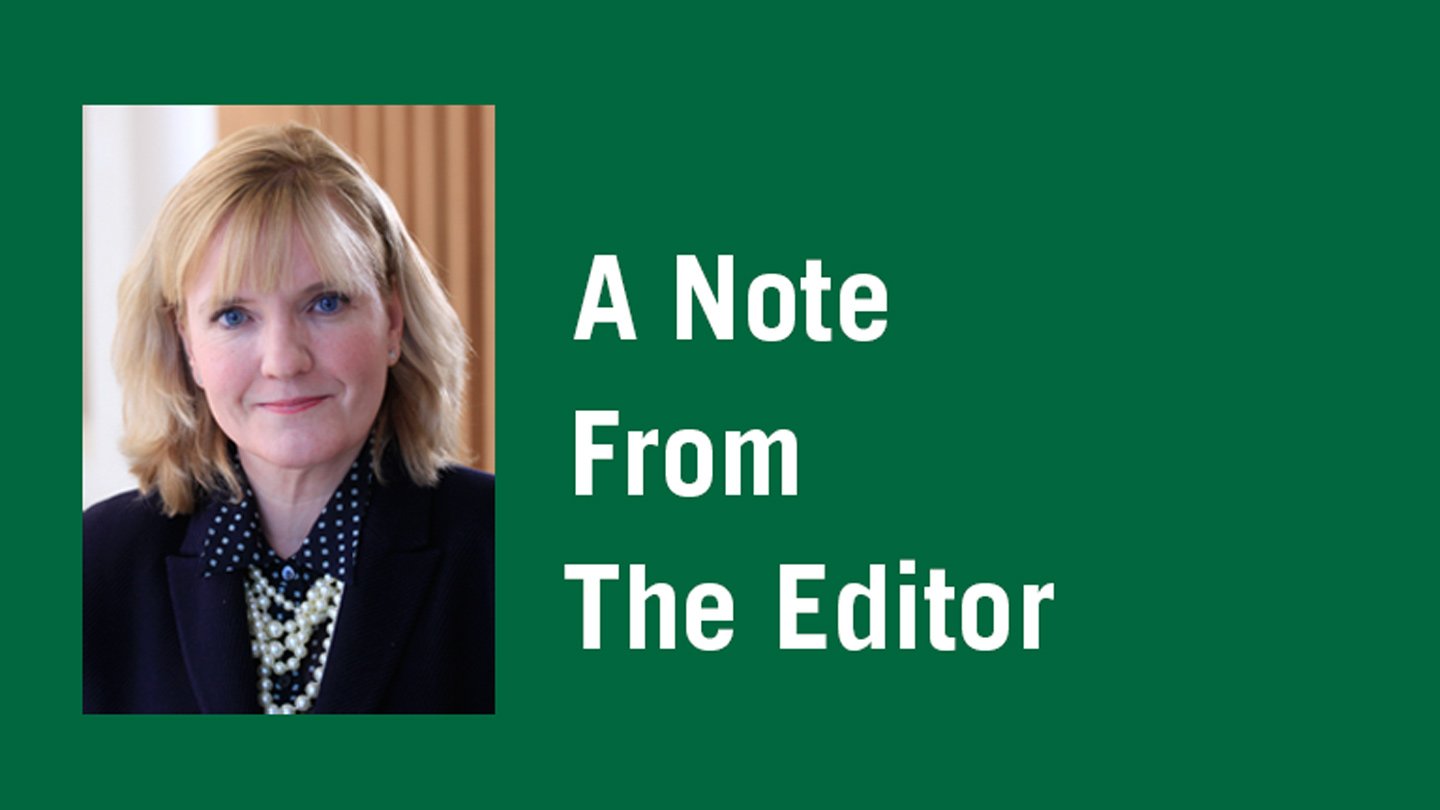National Groups Shift Focus to Cities

NAIOP and its members must be on the lookout for local initiatives driven by national organizations that could impact commercial real estate.
WITH PRESIDENT Donald Trump in the White House and Republicans in control of both chambers of the U.S. Congress, the federal debate is expected to be driven by conservative principles of governance that will reassess the role and responsibilities of the federal government on domestic matters. These principles will often stand in direct conflict with national organizations that support a more activist role for the federal government on public policy matters.
These national organizations will continue to advocate for their priorities at the federal level. However, given the policy challenges in Washington, they are also expected to shift and expand their local advocacy efforts. The goal will be to enact local policies consistent with their agendas Ñ policies that, with few exceptions, would be unattainable at the federal or even the state level. One example of the emphasis on achieving goals and objectives through local policies is the expansion of the City Energy Project (CEP). Following the election, it grew from 10 to 20 cities, many of which are home to NAIOP chapters.
The CEP is a national initiative to promote and improve the energy efficiency of commercial buildings. It is supported by the Natural Resources Defense Council (NRDC) and the Institute for Market Transformation (IMT). The project focuses on working with local governments to develop "customized energy efficiency plans."These efforts frequently begin with the adoption of local ordinances that require commercial property owners to report and disclose the energy usage of their buildings, typically referred to as energy benchmarking requirements. While many NAIOP chapters have worked cooperatively with their localities to advance energy efficiency measures, we should be concerned that ordinances pushed by outside groups will be attempts to put cities on paths to mandate energy efficiency goals without meaningful consideration of cost, return on investment or available technology.
The NRDC and the IMT are not the only national organizations expected to expand their local advocacy efforts to achieve progressive policy goals. NAIOP chapters and members need to stay informed of similar initiatives driven by other national organizations that will impact commercial real estate. Such initiatives may include efforts to address economic growth, affordable housing, workforce development and environmental management, among others.
Local policies and initiatives are subject to intergovernmental oversight, and may be preempted when they conflict with federal and state policies. Even if they are not preempted, federal and state governments can influence local polices by either reducing or limiting the use of available federal and state funds. The loss of these federal and state resources may lead to local governments looking to commercial real estate and the private sector to make up for lost funding through fees and taxes and, in some instances, through unfunded mandates.
Some states are expected to be in conflict with expected federal government actions that could run counter to their own existing policies. California, for example, has been at the forefront on many public policy initiatives, and has enacted state legislation to address those issues. Gov. Jerry Brown says the state will challenge the Trump Administration and Congress on many of these issues, if the federal government attempts to change policies. Even before President Trump was sworn in, the state hired former Attorney General Eric Holder to defend state policies from federal interference.
The combination of the federal policy debate now shifting to cities, intergovernmental influences on local policy development and potential conflicts between states and the federal government means that NAIOP and its chapters must remain engaged at every level of government, alert to both threats and opportunities.
Toby Burke, senior director of state and local affairs, NAIOP





